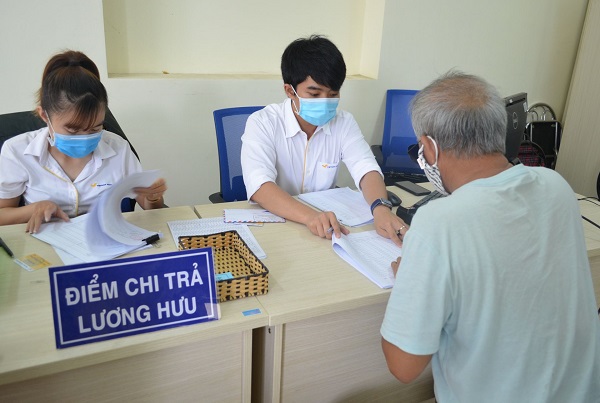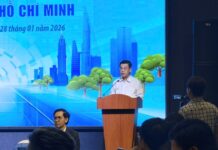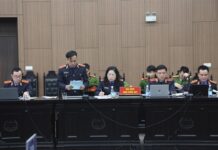As per the regulations, effective January 1, 2021, the retirement age for employees in normal working conditions is 60 years and 3 months for male workers and 55 years and 4 months for female workers.
Thereafter, the retirement age will increase by 3 months each year for male workers until it reaches 62 years in 2028, and by 4 months each year for female workers until it reaches 60 years in 2035.
Therefore, the retirement age for employees in normal working conditions in 2024 is: 61 years for male workers and 56 years and 4 months for female workers.
If an employee retires before these age milestones for each year, it is considered early retirement and will result in a reduction in the pension benefit.
Specifically, according to Article 54 of the 2014 Social Insurance Law, most cases of early retirement will result in a 2% reduction in benefits for each year of early retirement.
However, there are some cases where early retirement will not affect the pension benefit.
For officers, civil servants, and public employees
According to the regulations, officers, civil servants, and public employees who retire early will not have their pension benefits reduced if they meet one of the five conditions for personnel streamlining, including:
The subject of personnel streamlining is up to 5 years younger and at least 2 years younger than the lowest retirement age prescribed, and has at least 20 years of compulsory social insurance participation, including at least 15 years in heavy, toxic, dangerous, or especially heavy, toxic, and dangerous occupations listed by the Ministry of Labor, Invalids, and Social Affairs; or has at least 15 years of working in areas with particularly difficult socio-economic conditions as issued by the Ministry of Labor, Invalids, and Social Affairs, including the time working in places with a regional allowance coefficient of 0.7 or higher before January 1, 2021.

There are some cases where officers, civil servants, and public employees are allowed to retire early without a reduction in pension benefits (Photo: VGP)
The subject of personnel streamlining is up to 5 years younger and at least 2 years younger than the retirement age in normal working conditions as prescribed, and has at least 20 years of compulsory social insurance participation.
The subject of personnel streamlining is at least 2 years younger than the lowest retirement age and has at least 20 years of compulsory social insurance participation, including at least 15 years in heavy, toxic, dangerous, or especially heavy, toxic, and dangerous occupations listed by the Ministry of Labor, Invalids, and Social Affairs; or has at least 15 years of working in areas with particularly difficult socio-economic conditions as issued by the Ministry of Labor, Invalids, and Social Affairs, including the time working in places with a regional allowance coefficient of 0.7 or higher before January 1, 2021.
The subject of personnel streamlining is at least 2 years younger than the retirement age in normal working conditions and has at least 20 years of compulsory social insurance participation (for female civil servants at the commune level, the insurance participation period is from 15 years onwards).
The subject of personnel streamlining is a female civil servant at the commune level, up to 5 years younger and at least 2 years younger than the retirement age in normal working conditions, and has between 15 and 20 years of compulsory social insurance participation.
For employees
Based on Article 54 of the 2014 Social Insurance Law (amended by Point a, Clause 1, Article 219 of the 2019 Labor Code), the following cases of early retirement will not result in a reduction in pension benefits:
Having at least 15 years of working in areas with particularly difficult economic conditions, including the time working in places with a regional allowance coefficient of 0.7 or higher before January 1, 2021.
Being up to 10 years younger than the prescribed retirement age and having at least 15 years of working in coal mining in underground mines.
Being infected with HIV due to occupational risks while performing assigned tasks.















![Gia Lam International Airport in Bac Ninh: A Nationally Significant Project [Infographic]](https://xe.today/wp-content/uploads/2025/11/quymo-sanb-100x70.png)